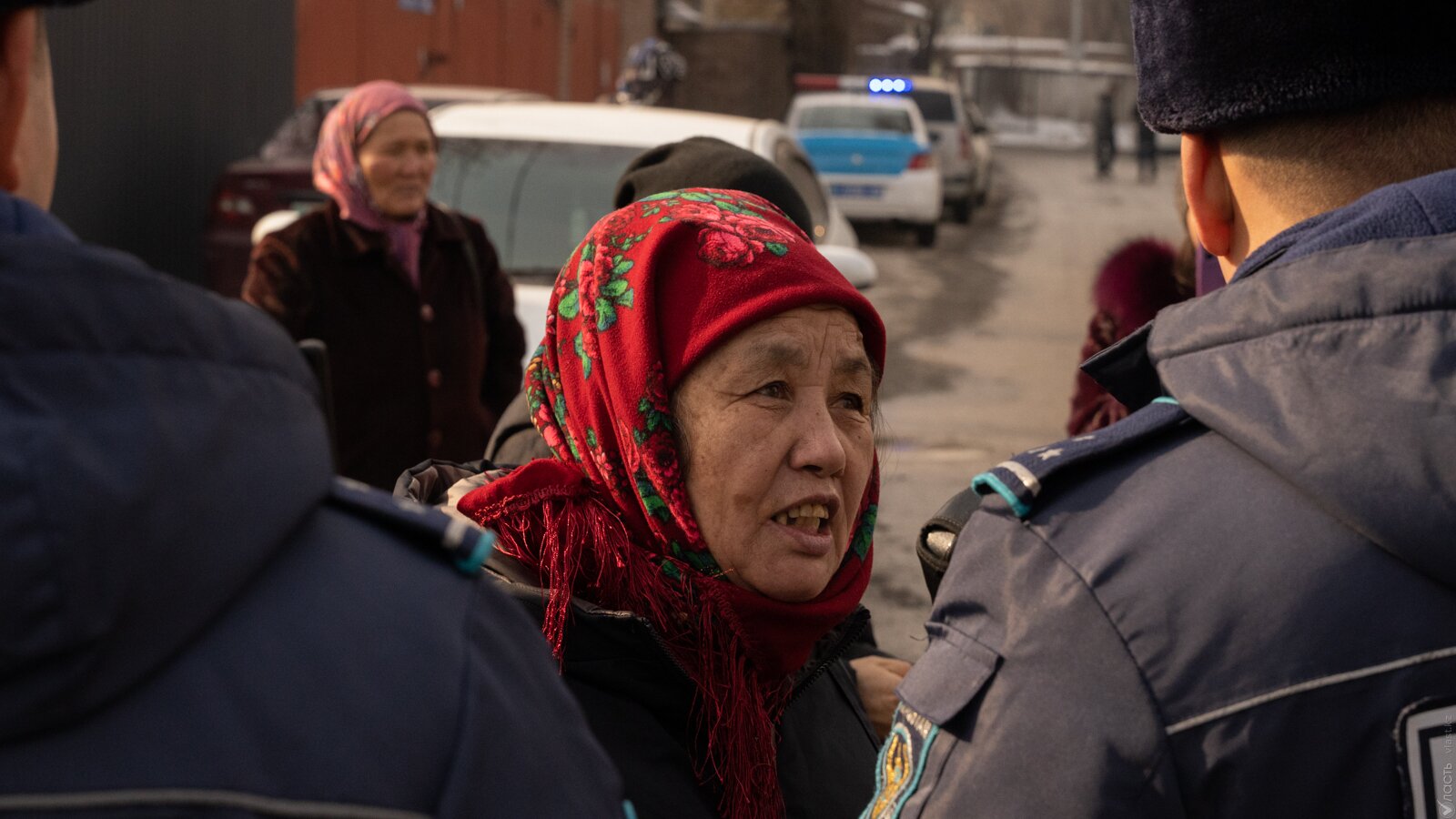What would you do if you were barred from seeing your relatives for more than two years, knowing that they are kept in Xinjiang’s so-called “re-education camps”? For two years, dozens of Kazakhstanis have protested outside the Chinese consulate in Almaty, demanding justice and the release of their relatives.
“For now, this is our only consolation. My heart flutters when I come here. It’s as if I find my last hope here,” one of the protesters said. For two years, dozens have struggled to have their relatives released from the Chinese camps. By the consulate, they seek solace, but they only find repression and prosecution. Kazakhstan’s authorities have fined them around six million tenge ($13,000) for their actions. Their relatives have struggled for longer under duress. For Kazakhstan’s government, anything that happens in Xinjiang is taboo. Yet, it has become increasingly harder to consider the struggle of ethnic Kazakhs in Xinjiang as “a Chinese internal affair.”
Borders are now open, after the pandemic. Yet, only a few people managed to see their relatives. On February 8, on the eve of the two-year anniversary of the protests outside the consulate, ethnic Kazakh Sarsenbek Akbar reunited with his family after six years apart, three of which he spent in a camp. In 2021, Rakhyzhan Zeinolla, another ethnic Kazakh, returned to his homeland after serving 13 years in prison and one and a half years in a camp. Their wives, Gulnur Kosdaulet and Farida Kabylbek, were among the participants in the protests outside the consulate in Almaty.
According to the latest estimates, 1.2 million Uyghurs, Kazakhs, Kyrgyz, and other Muslim minorities are kept in “re-education camps” in China. Most of the people looking for their relatives say they have lost contact with them since 2017. “In 2017, [the Chinese authorities] took my three sons away for four months, for ‘education’ they said. My three daughters-in-law were arrested. Then, we found in an orphanage 14 of my grandchildren.” This is just one of dozens of tragic stories.
A report published last year by then-UN commissioner for human rights Michelle Bachelet cites testimonies of people who described how they were subject to “arbitrary detention” in camps, and “not told what [they were] there for and how long [they] would be there”. At the UN, Kazakhstan was one of the countries that voted against discussing this document.
For two years now, we have witnessed how Kazakhstanis have protested to have their relatives released from detention in Xinjiang. Bad weather, health, or economic conditions notwithstanding, they make their voices heard. Their main obstacle, however, is their own country, which hinders their peaceful protests in every way possible. The fact that Kazakhstan’s government lacks a clear position in the protection of its citizens and ethnic Kazakhs abroad is no reason to forcibly disperse protesters from their only space of “hope”.
Поддержите журналистику, которой доверяют.








